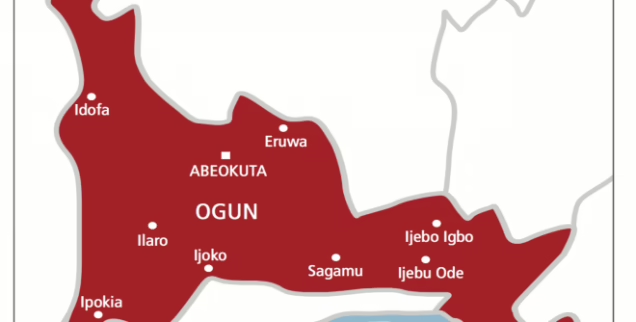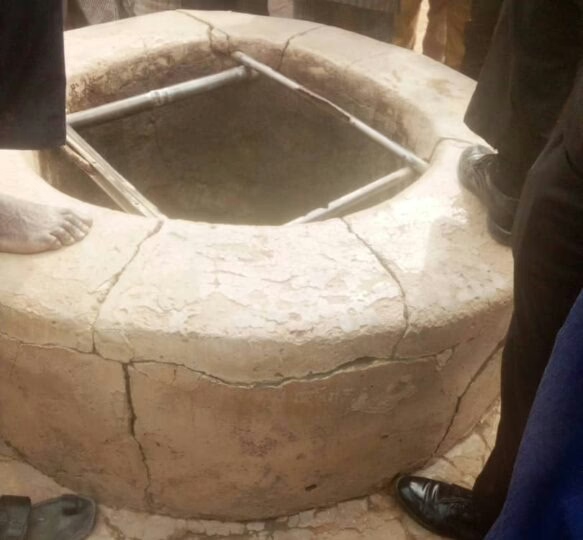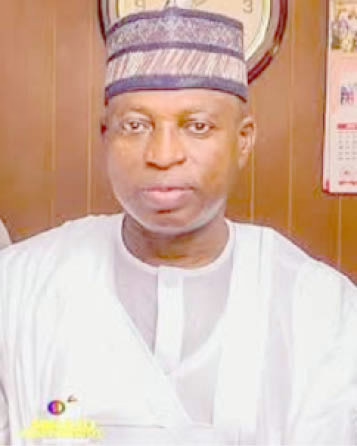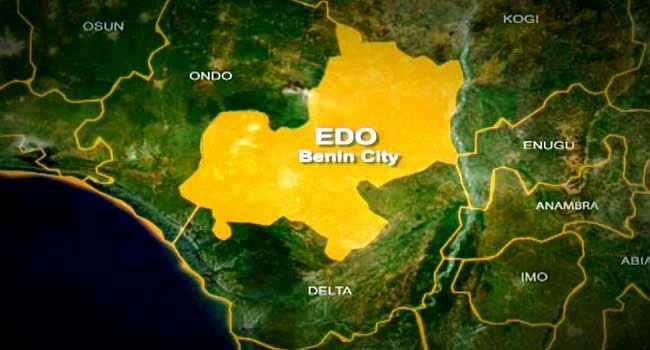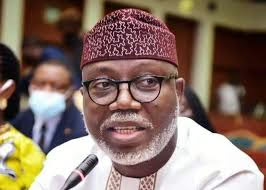Understandably, the excitement that should normally accompany the commemoration of June 12 as Democracy Day for Nigeria is absent. No thanks to the economic and social hardship that Nigerians are grappling with, particularly in the past several months, as epitomised by spike in poverty, insecurity, uncertainty, and instability of the socio-economic milieu, and increasing hopelessness that have seen Nigerians desperately exiting the country in droves, for survival in other lands: the japa syndrome.
Surely, democracy being a government of the people, by the people, and for the people, should signify a lot more positives than presently obtainable. Democracy should be synonymous with high welfare, security and happiness of the people in all ramifications. In the event that the government is far from the people in terms of these democracy variables, as in the country now, democracy may have to be redefined. The dividends that Nigerians are reaping presently are not their desired dividends of democracy. And bad and irresponsible leadership are to blame for this unpleasant reality.
Today, Nigerians again mark June 12 as Democracy Day, pronounced so by the Muhammadu Buhari-led administration in recognition of the political significance of the day in Nigeria’s democratic development. It remains a milestone in Nigeria’s political history. To be sure, until the transfer of power to civilians, the annulment of June 12 had remained an albatross on the neck of the country’s military rulers. Even the actors, who were complicit in the political sacrilege, have continued to labour to this day under guilt.
On June 12, thirty-one years ago, Nigerians, across class and professional stratifications, voted in a presidential election won by Chief M. K. O. Abiola. The election, acclaimed the fairest and freest in the electoral history of the country was annulled by the military junta of President Ibrahim Babangida. Expectations were that the election would mark the commencement of the country’s third republic as the government had been under military jackboot since December 31, 1983. Instead, it led to prolonged military rule in what became known as ‘endless transition’. Democratic governance was ushered in through a pacted transition in 1999.
Looking back, military rule was a disaster for the country. It abolished all civil ethos; human rights violations were widespread, all opposition forces in the country were hounded, and many of the players were either killed extra-judicially or incarcerated unlawfully. Extra-budgetary expenditure was the order of the day, and the country had no clear blueprint for development, while the matrix of the country’s state structure, federal framework, was hobbled through arbitrary state and local government creation. Above all, the country’s debt profile reached an overhang, the reason that the Paris debt buy-back of 2005 was highly acknowledged and indeed celebrated.
With the inauguration of the country’s fourth republic 25 years ago, there were sundry expectations on the part of Nigerians. They expected that democratic dispensation would be a departure from the past; that human rights would be hallowed, votes would count, people-oriented development would be on the agenda, and accountability would govern government business. All these have been observed but in breaches. Politically motivated assassinations have blighted the prevalent republic, while election rigging and other electoral malfeasance predominate, and journalists are being hounded as in the military era. Gross mismanagement of public resources through conspicuous and outrageous consumption and outright looting has preponderated. Economic policies have been dictated mainly by the Bretton Woods institutions. Virtually on the governance assessment ranking, the country has scored low. What now prevails is harrowing poverty underlined by galloping inflation that has rendered income useless and bastardised the economy.
This picture was the same pathologies that signposted and eventually led to the truncation of previous republics. The current crop of political actors ought to learn from history for their good and that of the country. The country may yet be saved from the instability of the past, if the current actors can play by the rule of the game: govern for the interest of the people, tame their egoistic inclinations, open up the democratic process by respecting the consent of the citizens transferred through their representatives using the ballot box. Also, what appeared to be elite closure should be opened up to allow men and women of integrity to enter into politics through assent to the bill on Independent candidacy. If the current warped and depraved political actors continue without self-remediation, the country may be headed to damnation. A stitch in time, they say, saves nine.
It is time for the current actors to ponder over some of the salient political issues rocking the country today. Why has it been impossible to fight insurgency despite the huge investment in armaments? Why has it been impossible to fix our refineries? Why has it been impossible to redress the incongruities in the national polity? Why has it been impossible to address production and achieve self-reliance for the country? Until the Nigerian ruling clique finds an answer to these numerous questions, the direction in which the country is headed may be forlorn.
It is a sad reality that despite two and half decades of civil rule, Nigeria’s democracy remains fragile and has yet to be consolidated. We call on the incumbent state actors to use today’s celebration to re-dedicate themselves to the core values that June 12 represents beyond rhetorics. They should allow votes to count in elections; they should strive to abolish poverty; and free the country’s dependency syndrome; and above all, they should re-dedicate themselves to the services of the Nigerian people. This is the only road to glory open to them.
On the part of the broad masses of our people, they must shun docility and engage with those elected into public offices; they must know that they are the boss of the democratic process, and an active citizenry is invaluable to rein in the excesses of politicians and ensure good governance in the country. It is the demand of the spirit of June 12.


